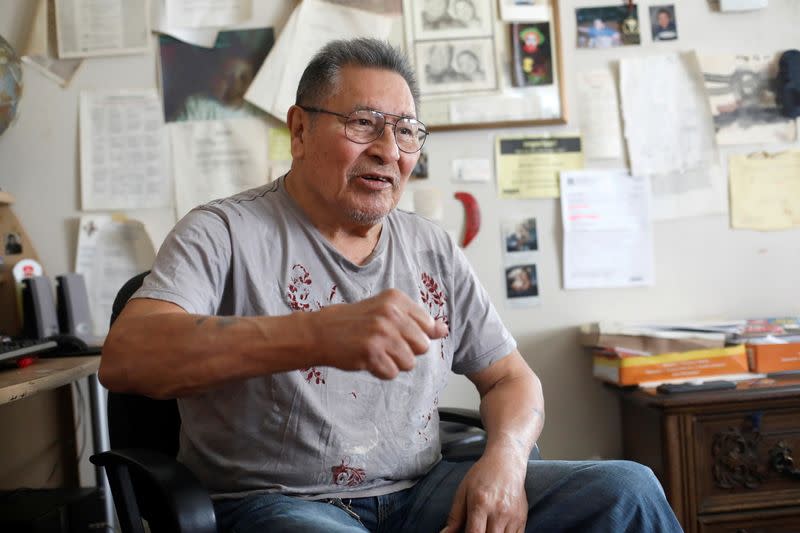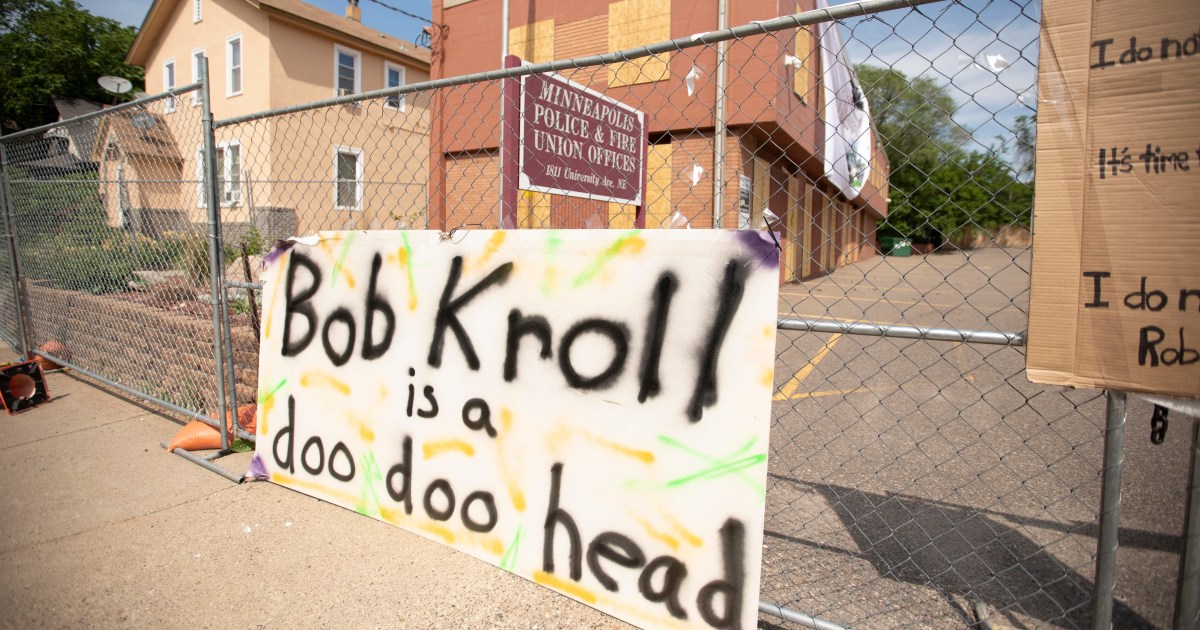Utilitarian
co-Cain Manager
- Oct 17, 2011
- 1,519
- 784
Since most people don't have firsthand experience with these kind of things, they don't understand the nature of the job.When you're a cop you're constantly getting complaints filed even if you never did anything.
Let's not forget, cops deal with, cite, arrest and get up close and personal with every degenerate, dumbass, ignorant, stupid, me tally unbalanced, fucked up person in our society. They could kill someone in cold blood and still be pissed off at the police for arresting them for it. You can't be a cop and get multiple complaints from scumbags.
I worked in a jail for a bit and 2 or 3 times a week the captain would throw away complaints made about me for the dumbest shit. Like I yelled "chowtime" too loud down the halls to wake those fuckers up for breakfast, or I closed doors too loud, or if a guy was supposed to get one a certain if he gave me shit I'd make him wait till 2359 that day to get out and literally wait till the last minute, or if they were causing problems I'd turn off their tvs. Those assholes will complain about everything they can and will lie and embellish.

